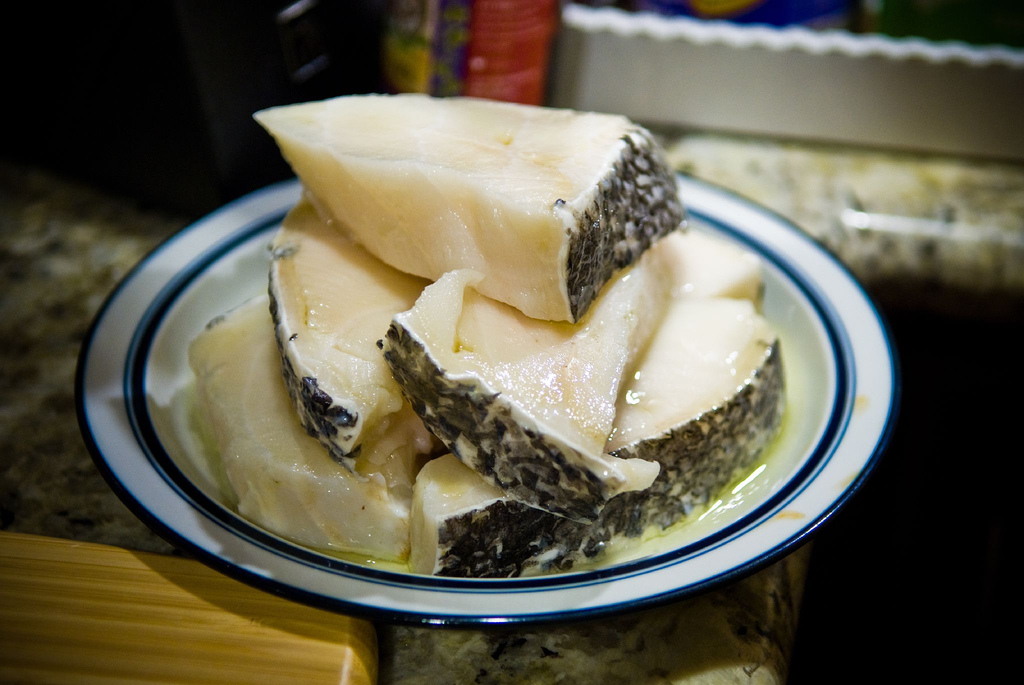Science News
Seafood Species Sustainability

We posted a new video on our website about sustainable seafood. The video is not nearly long enough to tell the whole story so we thought we’d go in-depth about a few specific species of fish in today’s article.
Shark fins
In February we wrote about the introduction of AB376, California legislation that would prohibit the purchase, sale, trading and possession of shark fins within the state. In May, the bill passed the Assembly 62-8, and this month, it awaits a signature from governor Jerry Brown.
Shark fins are a delicacy in Chinese culture and this bill has its detractors who fear that the bill specifically targets the Asian American community. Perhaps the Los Angeles Times put it best in an editorial last month:
The loss of a cultural tradition is regrettable, but the loss of a species is tragic and the upset of the oceans’ environmental balance could be catastrophic.
Canned tuna
At the end of the interview we filmed with Casson Trenor of Greenpeace for the recent video, he wanted to speak about canned tuna. Greenpeace recently launched a campaign to raise awareness about the harm this industry does to the ocean.
In order to sell canned tuna at such low prices, the fishing methods are destructive to many species. Here’s what Casson had to say about the practice that wasn’t included in the video:
If I had one kind of ask for people that want to use seafood as a tool to make a better world, would be to rethink purchasing decisions when it comes to things like canned tuna…
We are wiping out the tuna stocks, and the way we catch tuna, the other things we catch with it, because our methods are so imprecise. It's just astonishing.
We kill tens of thousands of turtles, hundreds of thousands of sea birds, sharks, juvenile tuna every year in our quest for canned tuna a food that is so, just, forgettable.
You can read more about the fishing methods on the Huffington Post.
Chilean sea bass
You know that sustainable Chilean sea bass you’ve been eating? Not only is it possibly not sustainable, it might not even be Chilean sea bass! The Marine Stewardship Council (MSC) certifies Chilean sea bass (also known as toothfish) that comes from South Georgia Island as being sustainable. But last month, researchers publishing in Current Biology reported that when purchasing these fish, you might not get what you pay for. ScienceNOW reports:
When they examined DNA markers of the 33 actual toothfish, five of these fish had markers that differed from those of fish caught near South Georgia Island. All told, 22% of the samples appeared to be something other than MSC-certified toothfish…
Three of the 36 fish samples turned out to be tuna, greenling, and mackerel…
So cross this species off your consume list, says Ed Yong in Discover:
Various organizations, from Monterey Bay Aquarium to Greenpeace, have warned people to avoid eating the toothfish…
For more quick tips on other specific species, a great resource is Seafood Watch’s Fish Facts. Check it out and thanks for doing your part!
Image: star5112/Flickr